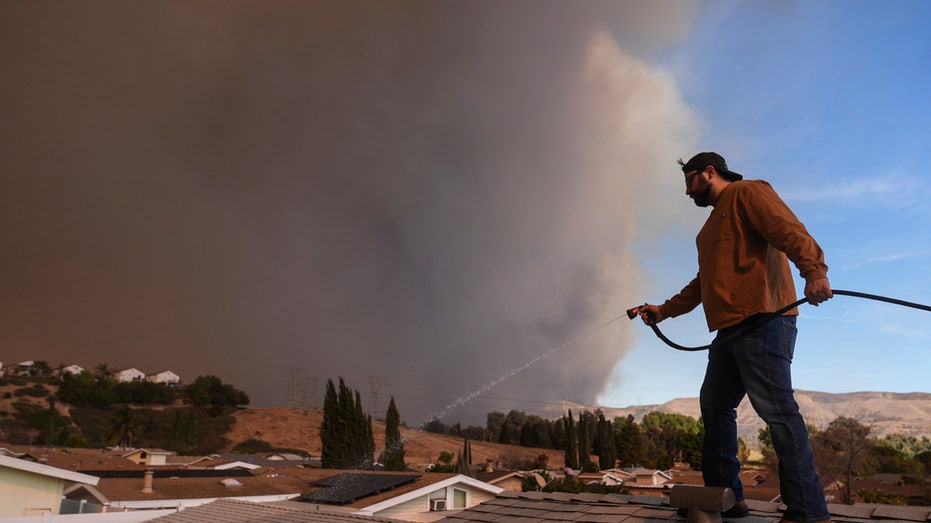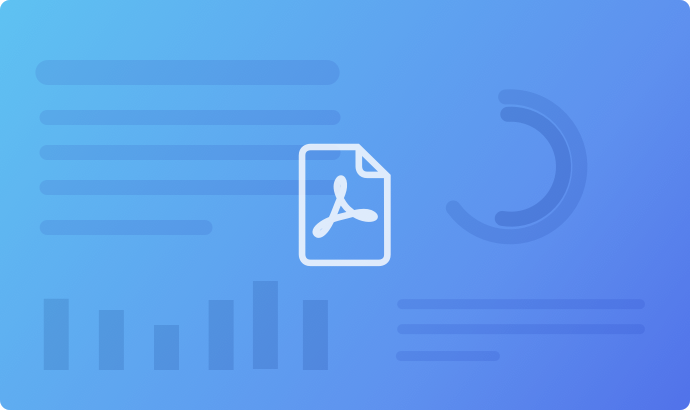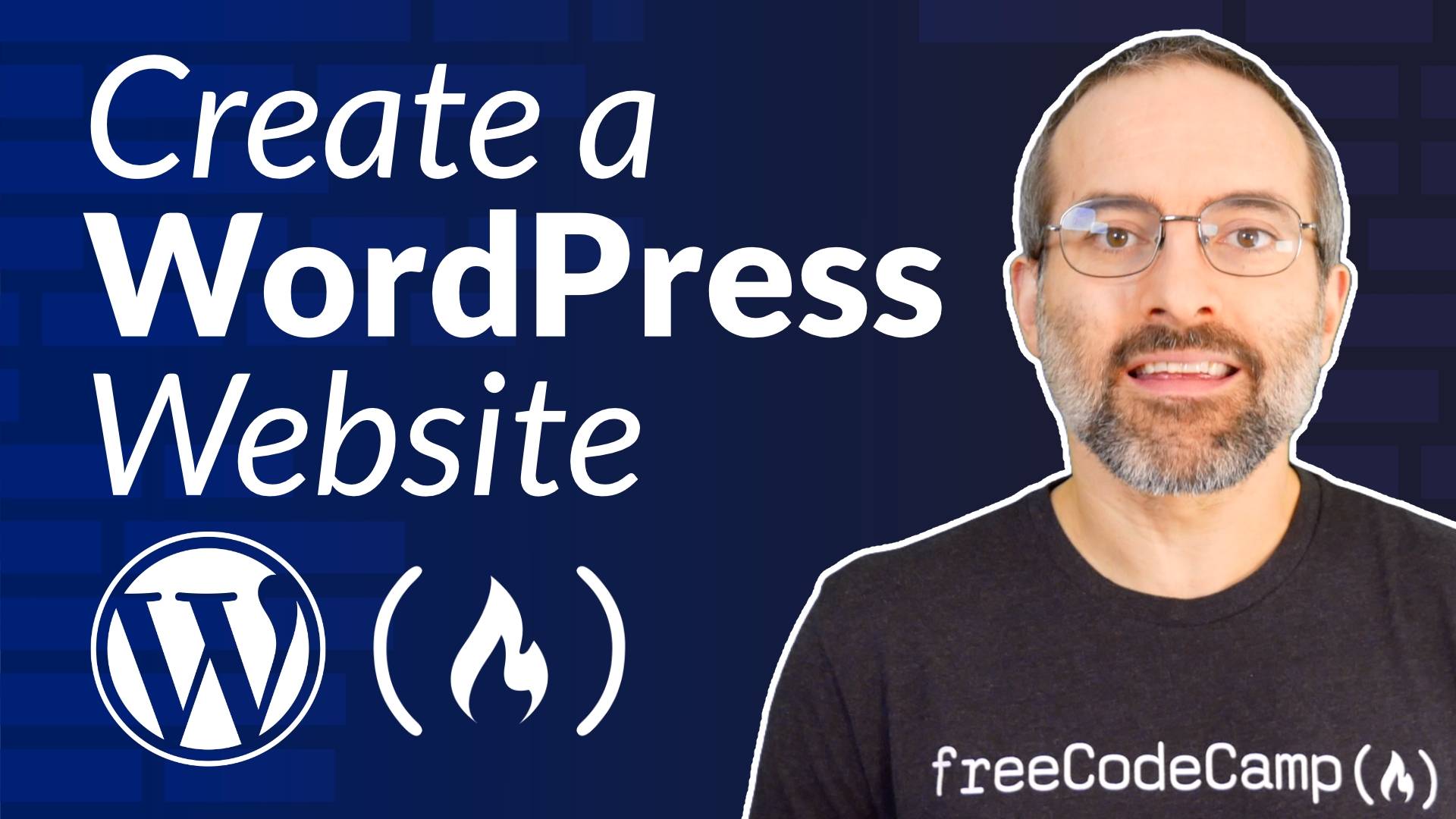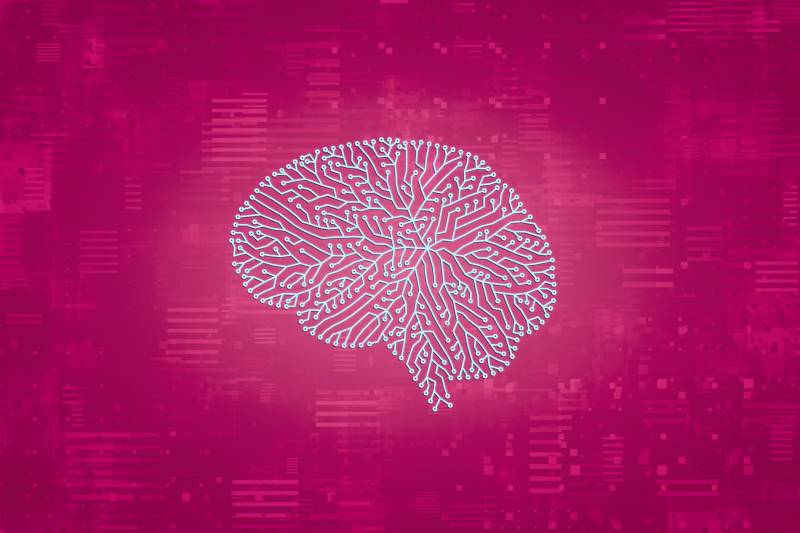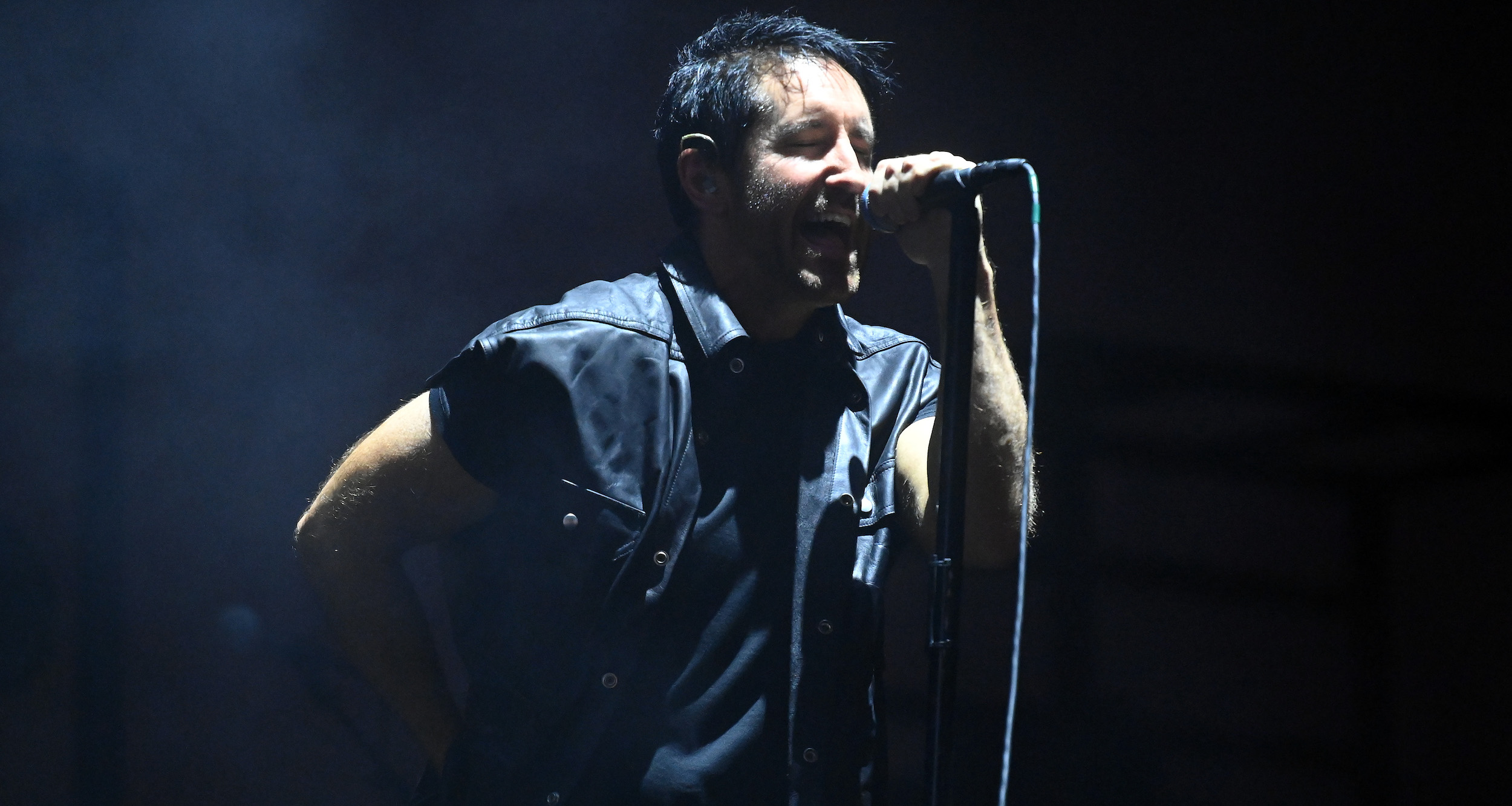Navigation and guidance in the age of AI: 5 trends to watch
With the right tools and market conditions, AI could enable more schools to offer high-end, high-touch supports to students, assert Julia Freeland Fisher and Anna Arsenault of the Clayton Christensen Institute in a new report.


Key points:
- AI could help scale more efficient and personalized approaches to guide students’ college and career journeys
- Survey finds “optimism gap” between teachers, admins
- Building ethical AI usage in K-12 education
- For more news on AI, visit eSN’s Digital Learning hub
Navigation and guidance is a critical resource, yet its remains woefully under-staffed. This challenge is reaching critical importance with the proliferation of nontraditional college pathways–navigation and guidance will be the foundational component in building emerging pathways into the job market.
And while so many higher-ed institutions have invested in AI, limited research exists on the short- and long-term impact that bot-driven advising has on students’ support, advice, and job referrals.
With the right tools and market conditions, AI could enable more schools to offer high-end, high-touch supports to students, assert Julia Freeland Fisher and Anna Arsenault of the Clayton Christensen Institute in a new report.
But without the right incentives, bots will be on a path to replace, rather than scale, human connections. Bots can give all sorts of advice and guidance. But their ability to help stops short of the power of warm introductions and referrals–a key aspect of job-getting in today’s labor market.
And if we just arm students with better bots but not with broader networks, we’ll be over-investing in information and underinvesting in opportunity.
AI-enabled guidance is on a clear path to disrupting traditional forms of human-led guidance. If the current metrics hold, as Generative AI (GenAI) becomes more sophisticated, students will have more access to affordable, on-demand, bot-generated advice and support.
But against those same metrics, access to networks is unlikely to grow and could even shrink as bots are engineered to offer more and more forms of social support–despite the fact that connections matter down the line for career optionality, access, and success.
Even though the market is in its early days, there are signals of what lies ahead. The research identifies 5 key trends shaping human relationships in navigation and guidance systems in the age of AI.
Trend 1: The lines between human- and bot-driven support are getting blurrier. How much social-emotional support should bots provide to young people?
Trend 2: Both logistical and psychological factors are driving student-bot engagement. When are chatbots expanding access and when are they making isolation more convenient and comfortable?
Trend 3: Today’s navigation and guidance market doesn’t treat relationships as a
core outcome. Could navigation and guidance become more relational and networked in the age of AI?
Trend 4: Leaders are hopeful that AI will enable advisors to take on more relational work as both coaches and connectors. How will the navigation and guidance
market need to evolve to prioritize and scale relational work?
Trend 5: Despite limited demand for building relationships, innovators are spearheading creative ways to scale human connections. How might we safeguard and scale human connection in the navigation & guidance field in the age of AI?
What's Your Reaction?











